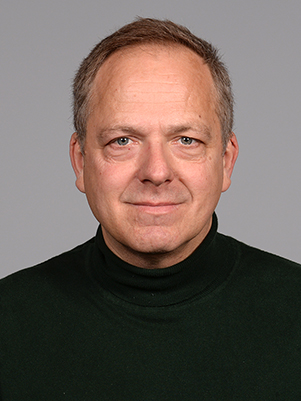Cosmology and Argument in Ancient Philosophy
The aim of this conference is to gather a select group of scholars working on ancient cosmology, logic, epistemology, and metaphysics to explore the interaction between ancient cosmologies and arguments from the Presocratics to Late Antiquity, how different modes of argumentation interact in a single author or a group of authors, and whether there was, if any, an evolution of these themes in the history of ancient Greek philosophy. The conference will take place at K. Donelaitis Room, Faculty of Philology, Universiteto st. 5.
Keynote speakers

Gábor Betegh
University of Cambridge
Caterina Pello
University of Geneva
Thomas Kjeller Johansen
University of Oslo
Barbara Michaela Sattler
University of St. Andrews
Klaus Corcilius
University of Tübingen
Matthew Duncombe
University of Nottingham
Chiara Ferella
Johannes Gutenberg University Mainz
Aistė Čelkytė
Leiden University
Mantas Adomėnas
Vilnius University / Baltic Institute of Advanced Technology
Vilius Bartninkas
Vilnius University
Luca Gili
Vilnius University
Thomas Kjeller Johansen
University of Oslo
Thomas Kjeller Johansen is a Professor of Philosophy at the University of Oslo. Previously, he was Professor of Ancient Philosophy (2014-2016) and Reader in Ancient Philosophy (2008-2014) at Oxford University. He has published The Powers of Aristotle's Soul (OUP, 2012), Plato's Natural Philosophy: A Study of the Timaeus-Critias (CUP, 2004), Aristotle on the Sense-Organs (CUP, 1997), edited Productive Knowledge in Ancient Philosophy (2021), co-edited Aristotelian Metaphysics. Essays in Honour of David Charles (OUP, 2024), translated with introduction and commentary Aristotle, Metaphysics Α-α (OUP, 2025) and published numerous articles and book chapters on ancient natural philosophy, theories of mind and epistemology in OSAP, Phronesis, Classical Quarterly and elsewhere.
Abstract
Imitating God in Plato’s Timaeus: The Way of the Body
In his groundbreaking article 'The Ideal of Godlikeness', David Sedley argued that the Timaeus presents thinking about eternal being as the goal of human life and showed how the passage provided the template for Aristotle´s championing of the contemplative life in EN X. Gabor Betegh, developing Sedley's insights, has demonstrated that it is not just the immortal forms that Timaeus asks us to imitate, rather he urges us 'to observe the movement of the heavenly bodies and thus become like the immanent cosmic world soul.' In this paper I go one step further to show how also our bodies are meant to imitate the cosmic god. The gods constructed our bodies to help us realise, to the extent possible, the same ideals of completeness and self-sufficiency that characterise the cosmic body.
